SCOTUS Hears Cases on Texas Abortion Laws
The Supreme Court of the United States heard 2 cases related to the recent controversial Texas abortion bill SB8.
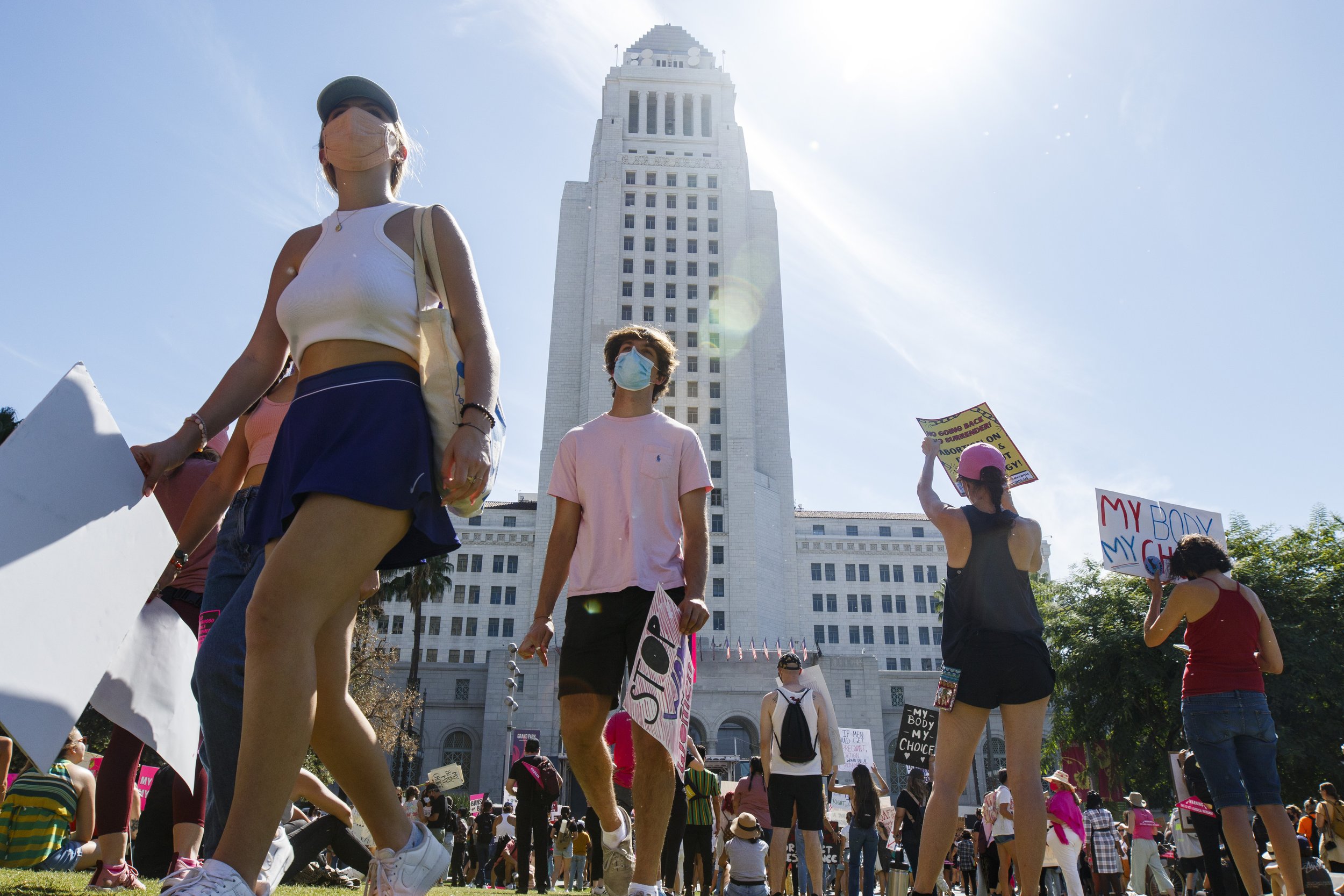
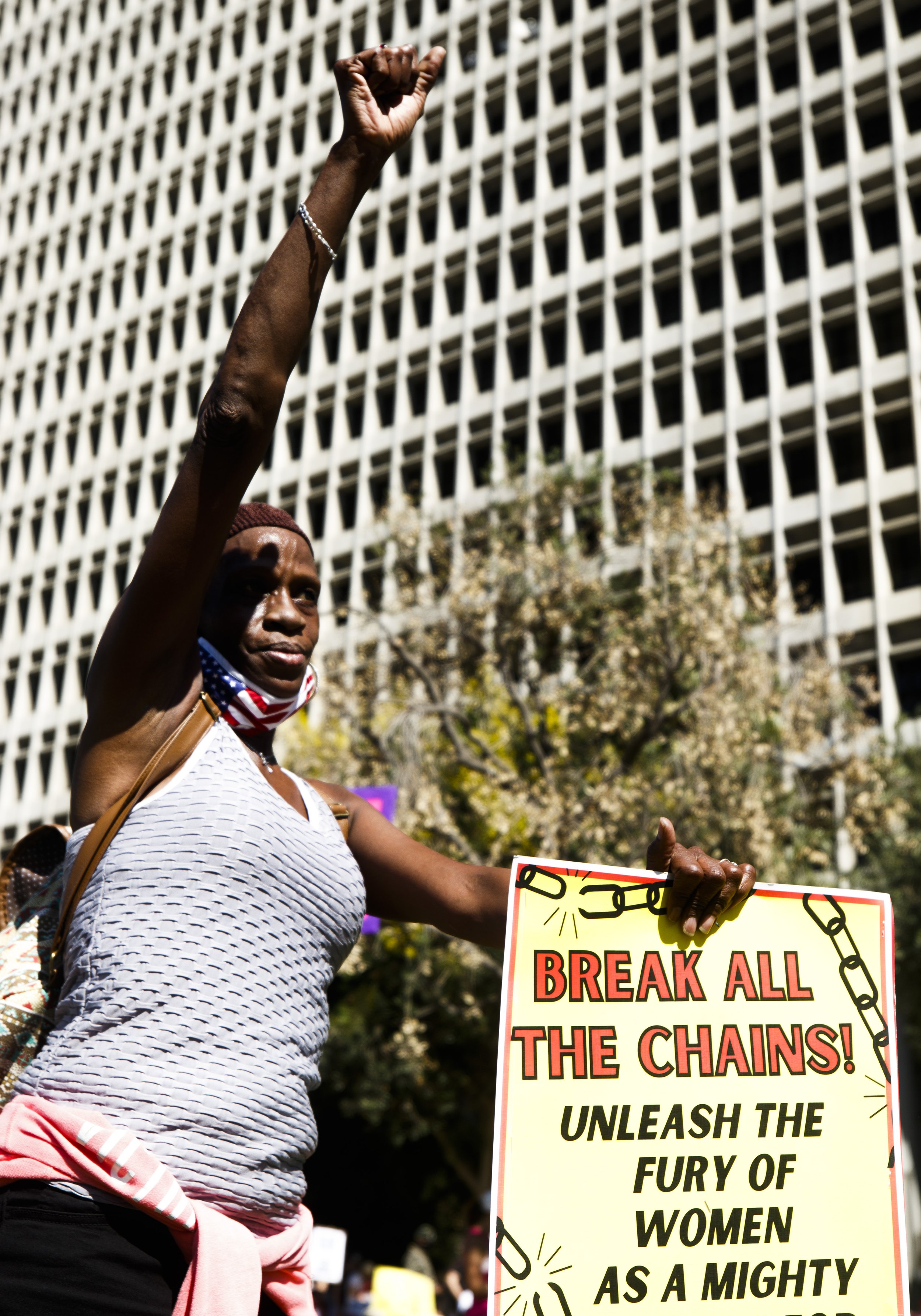
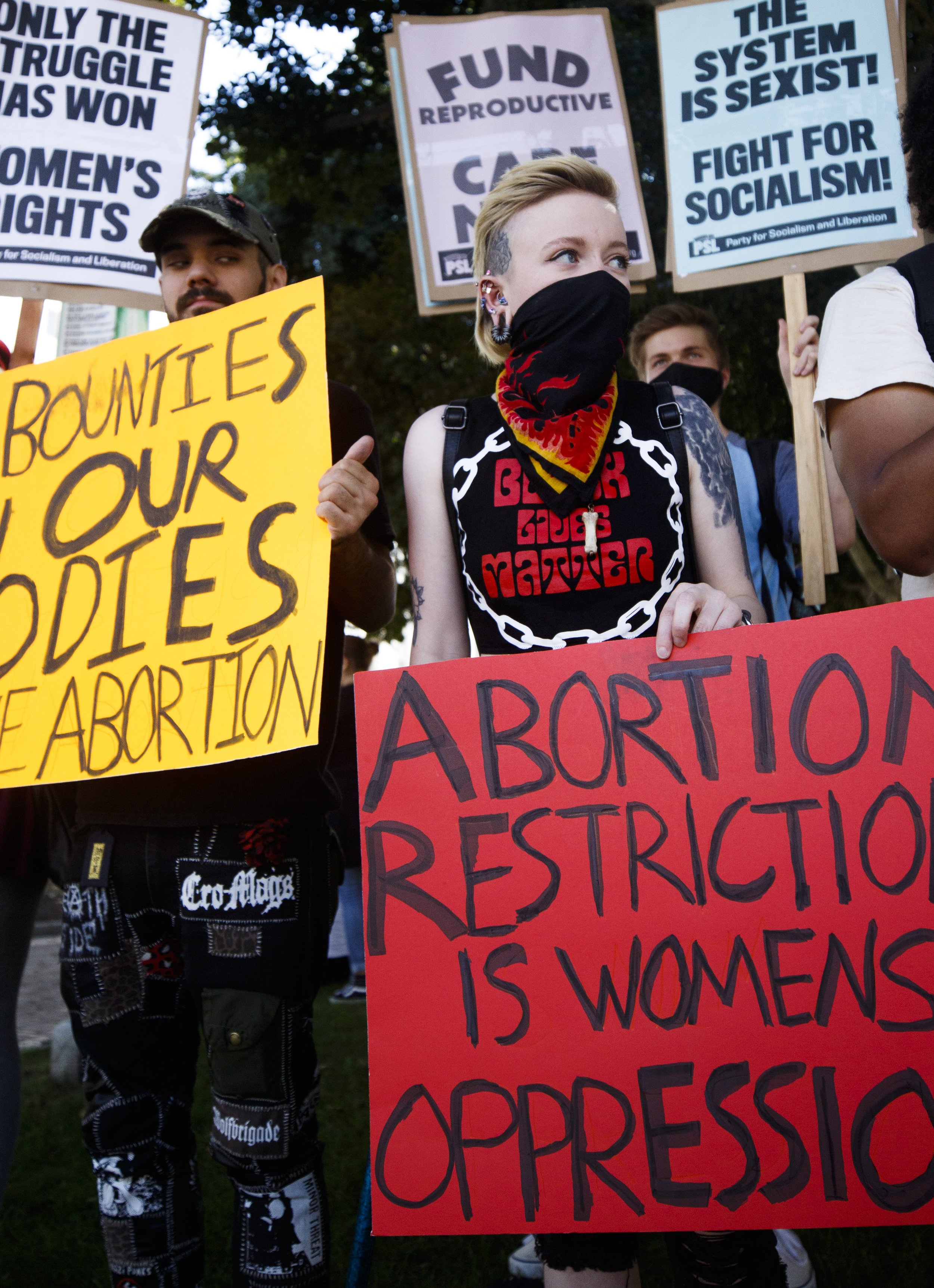
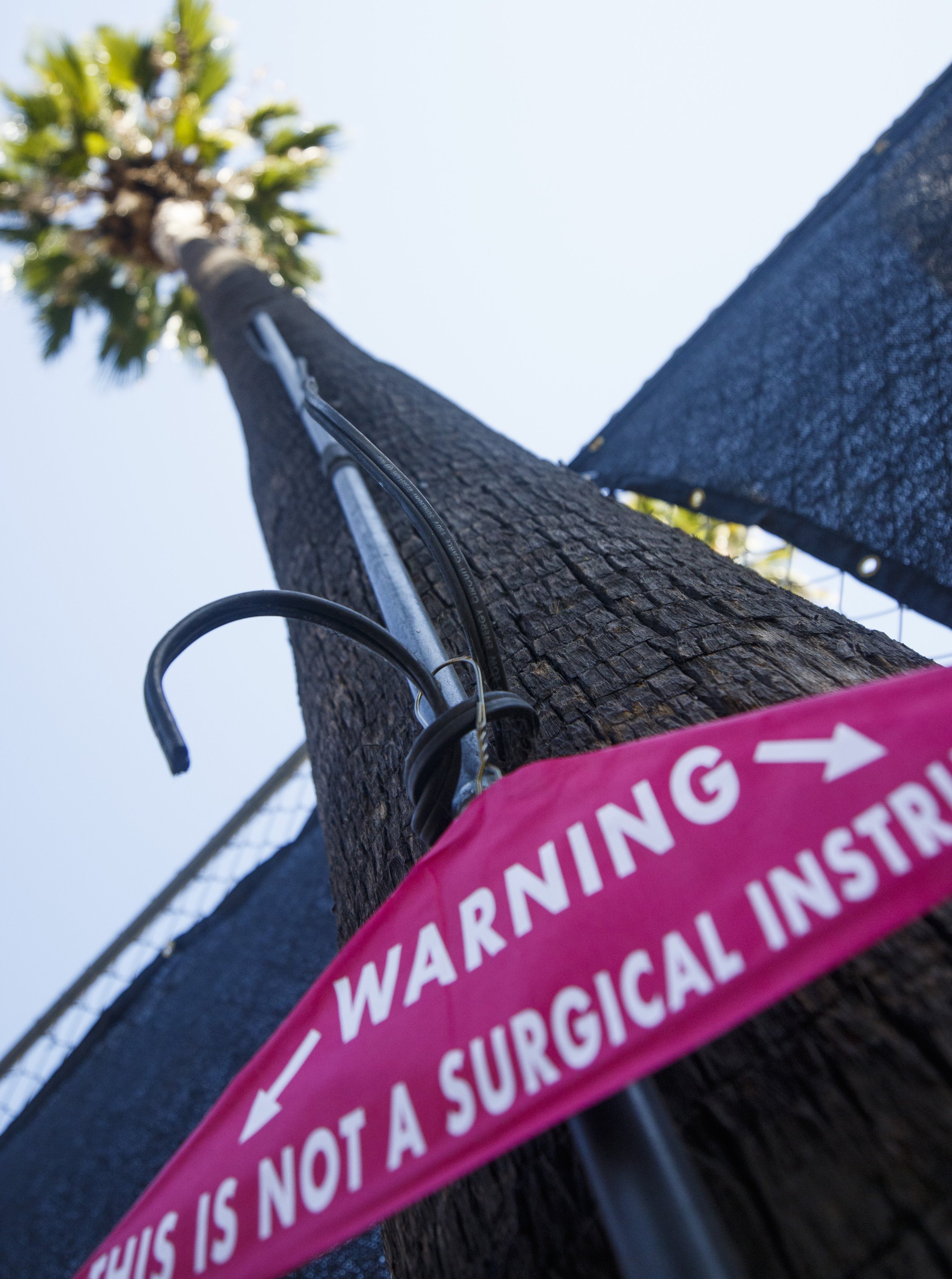
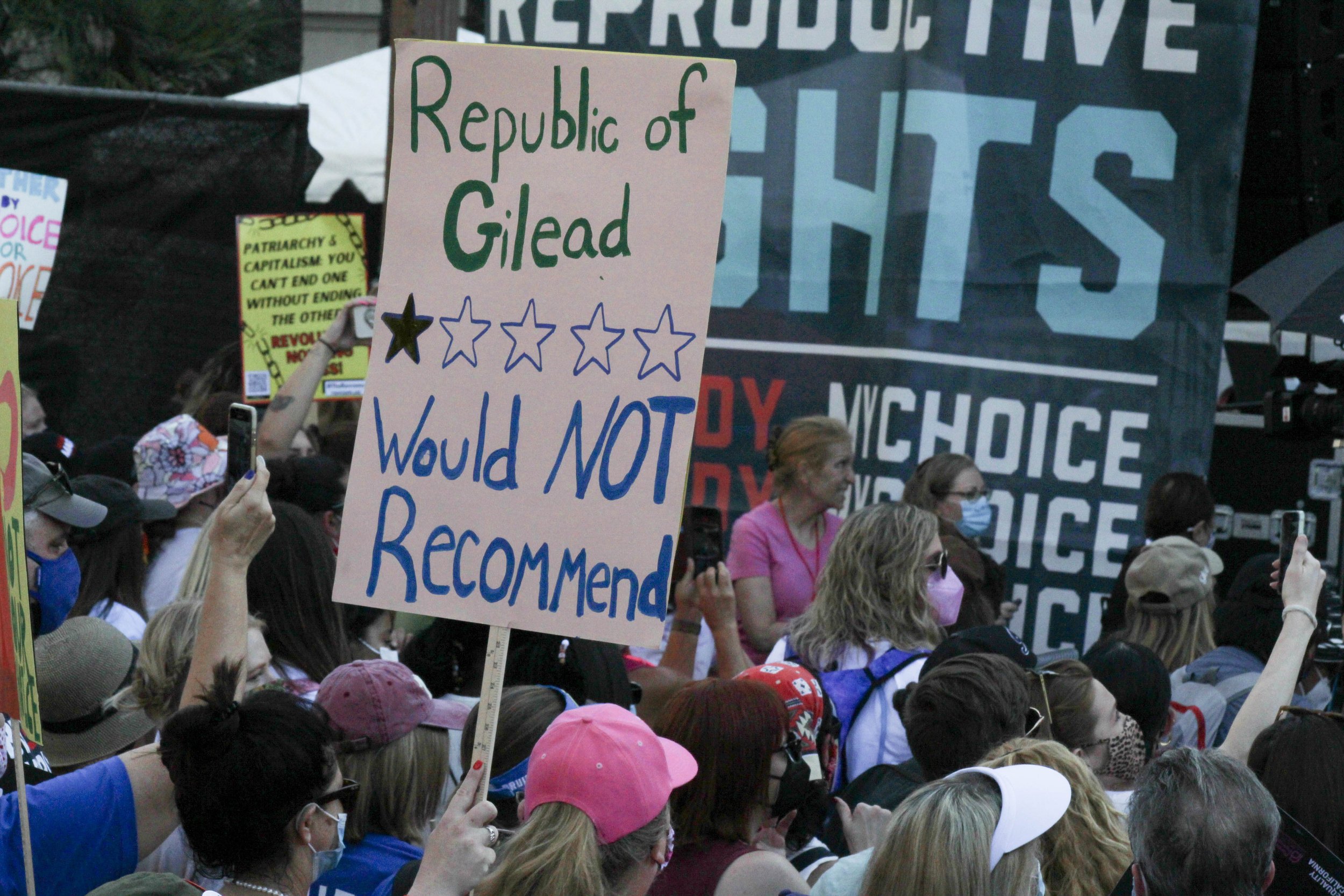
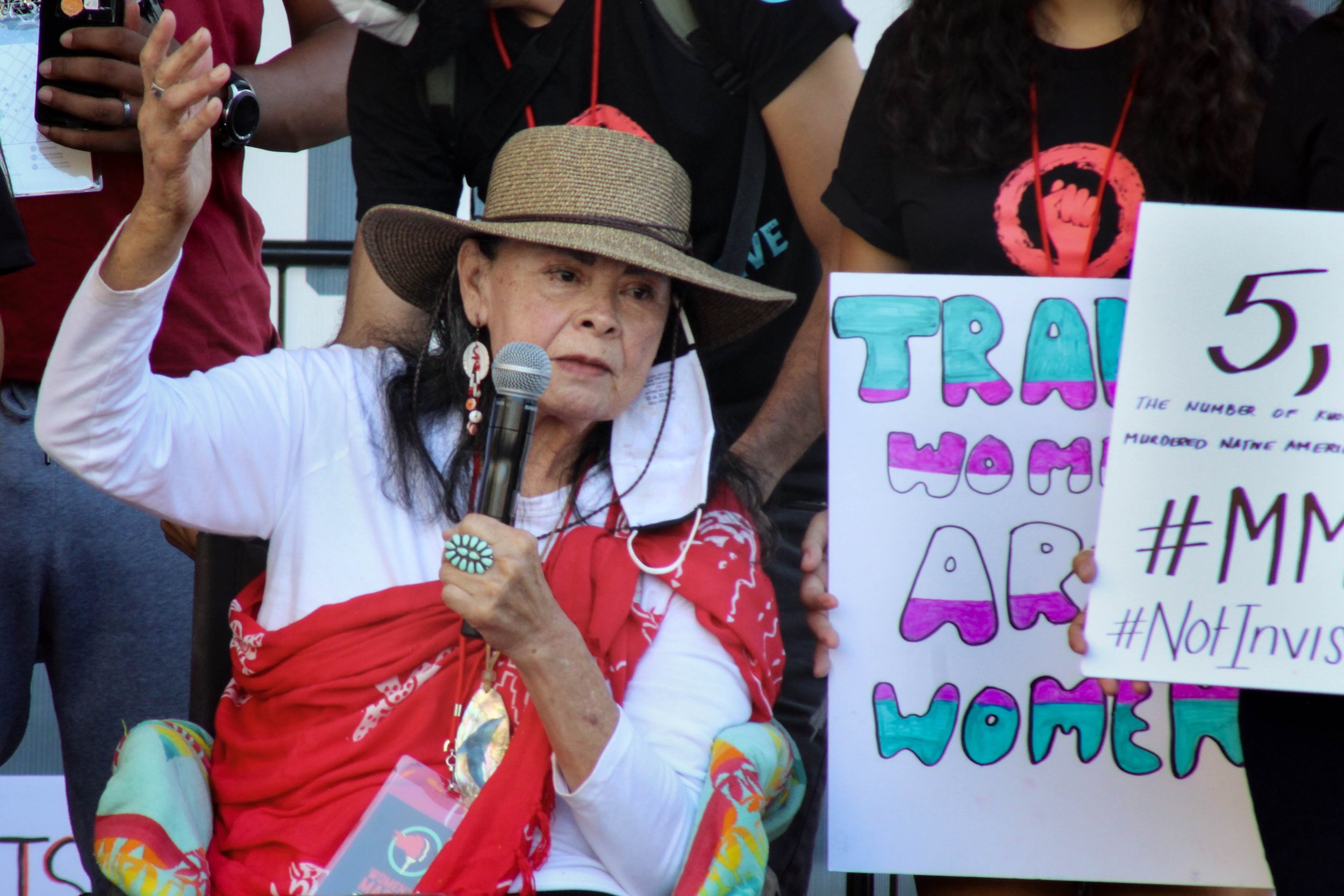

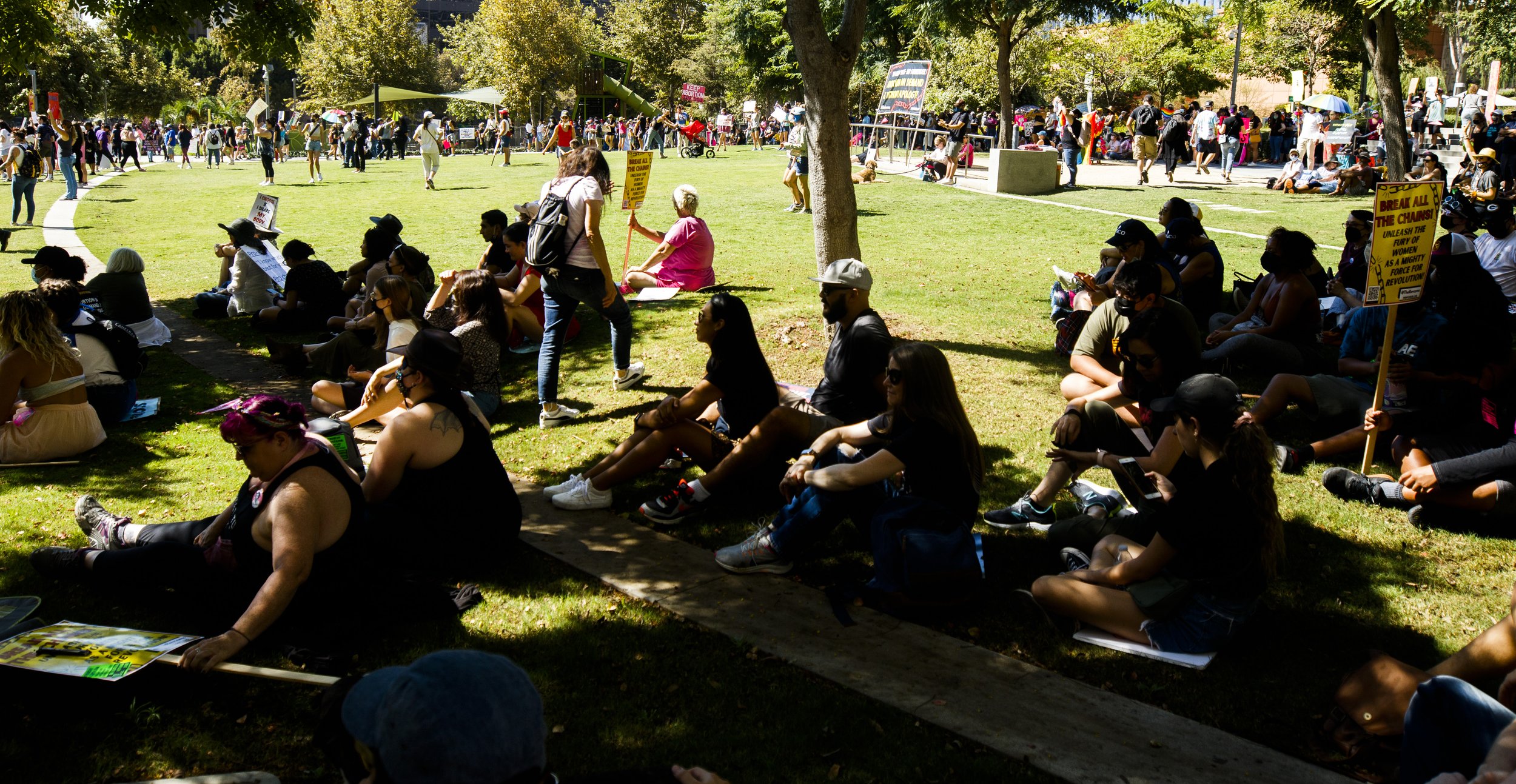
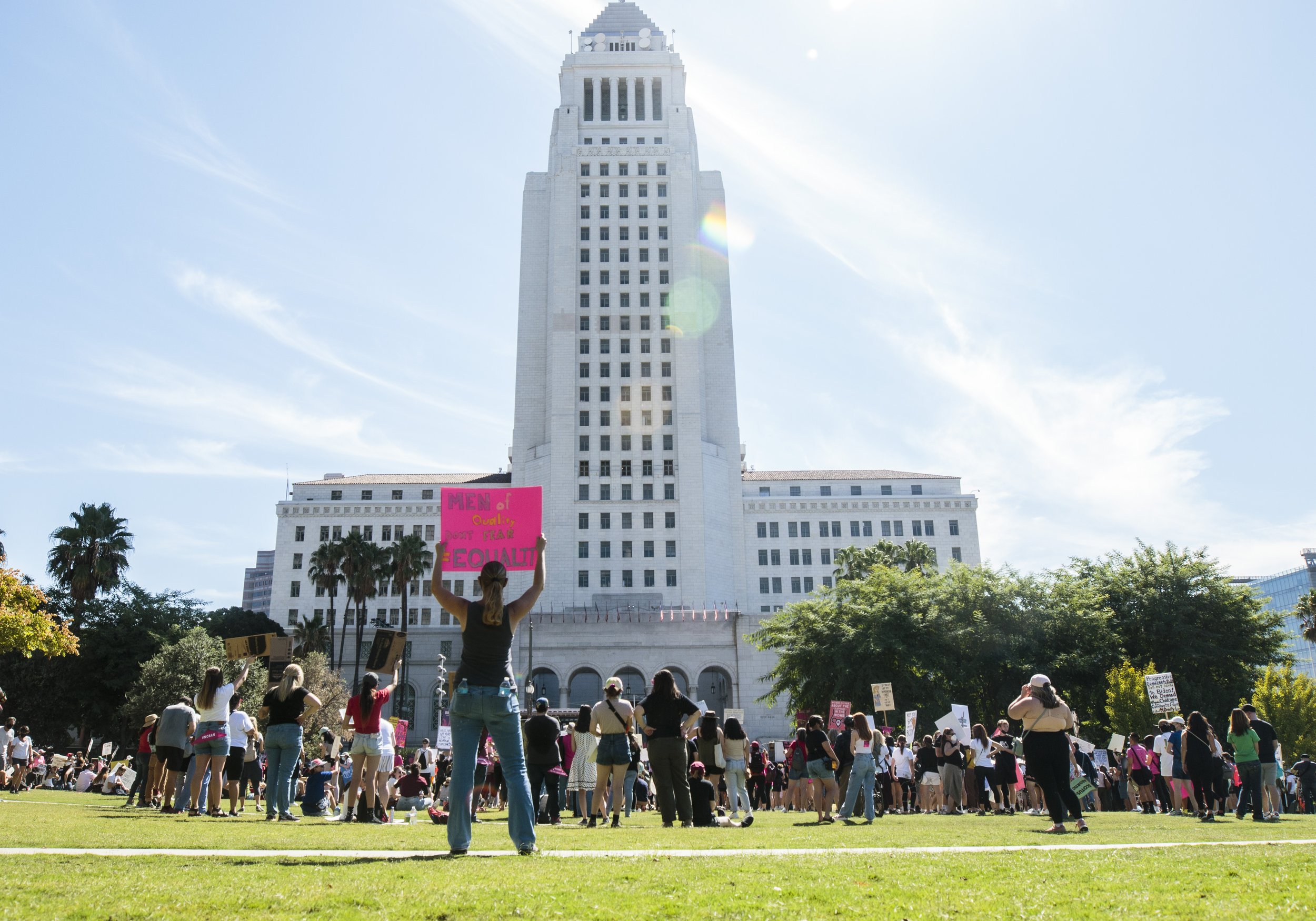
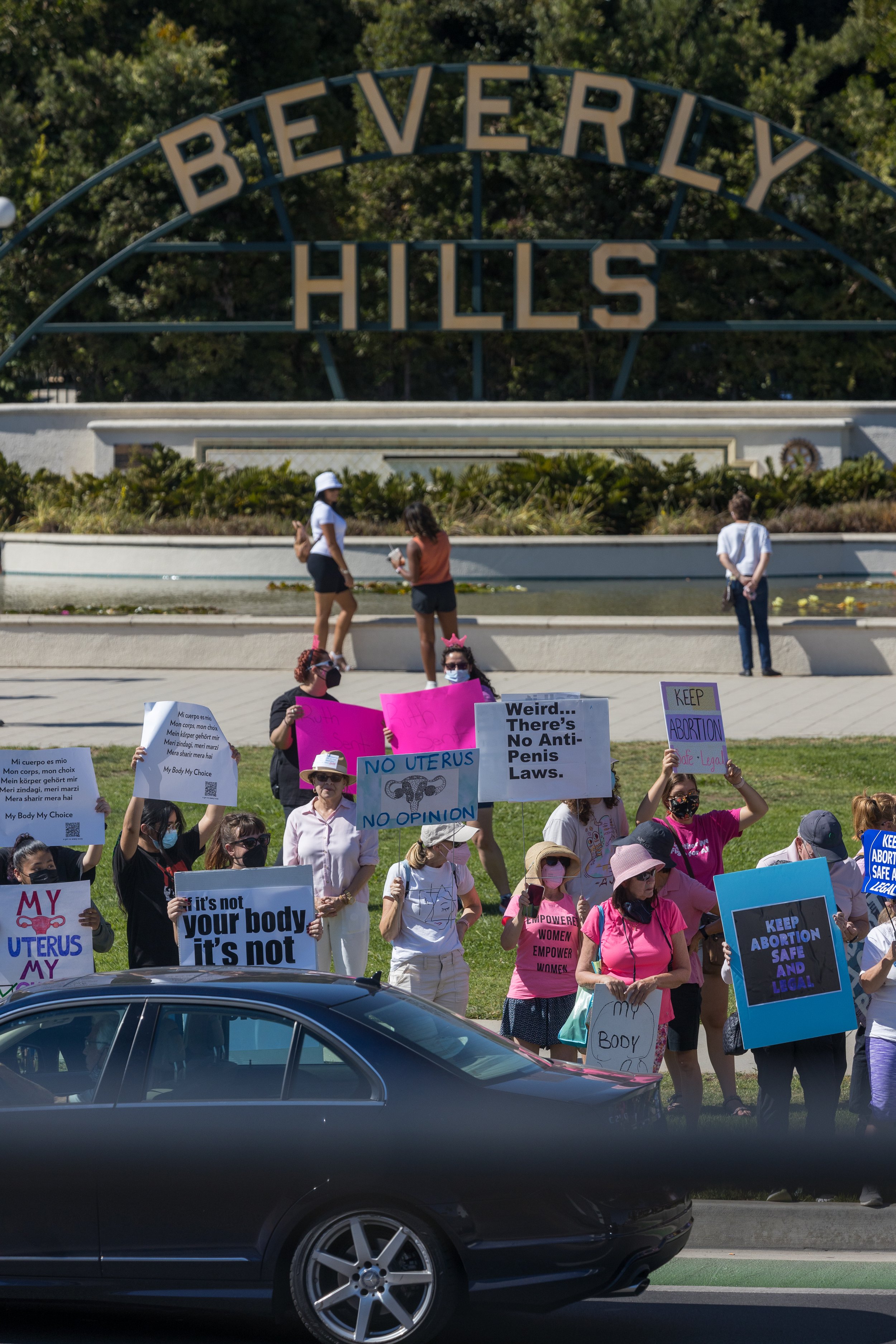
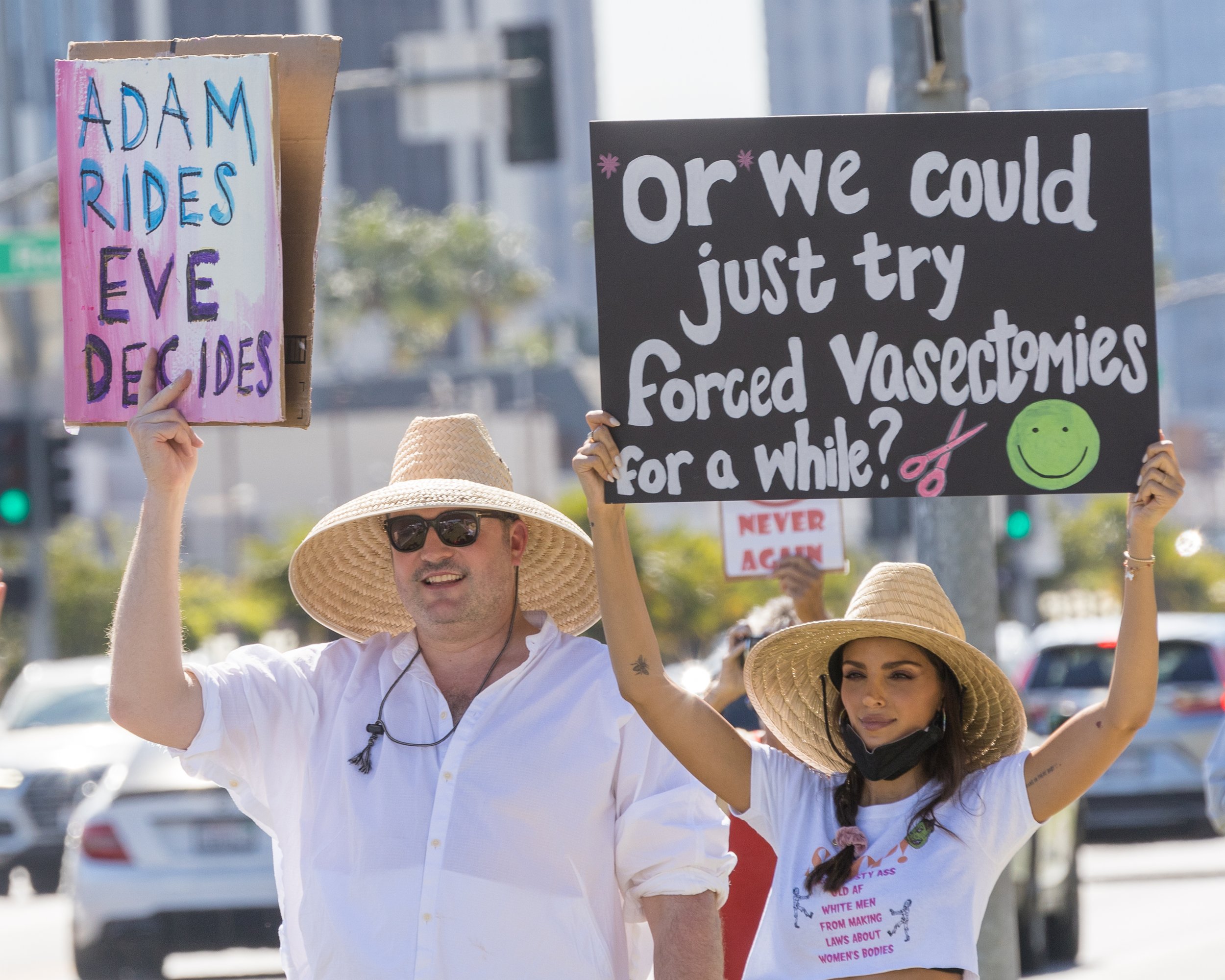
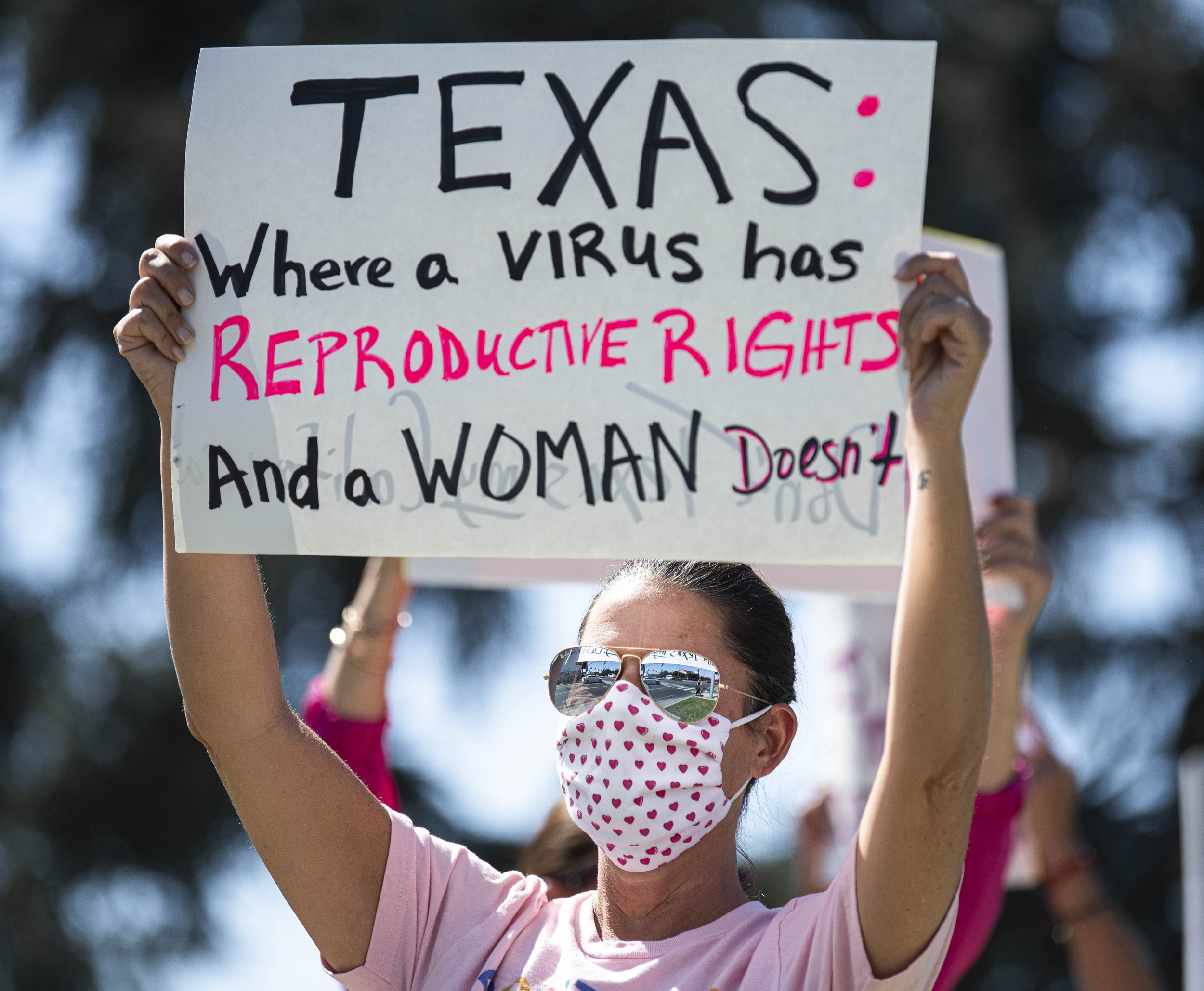
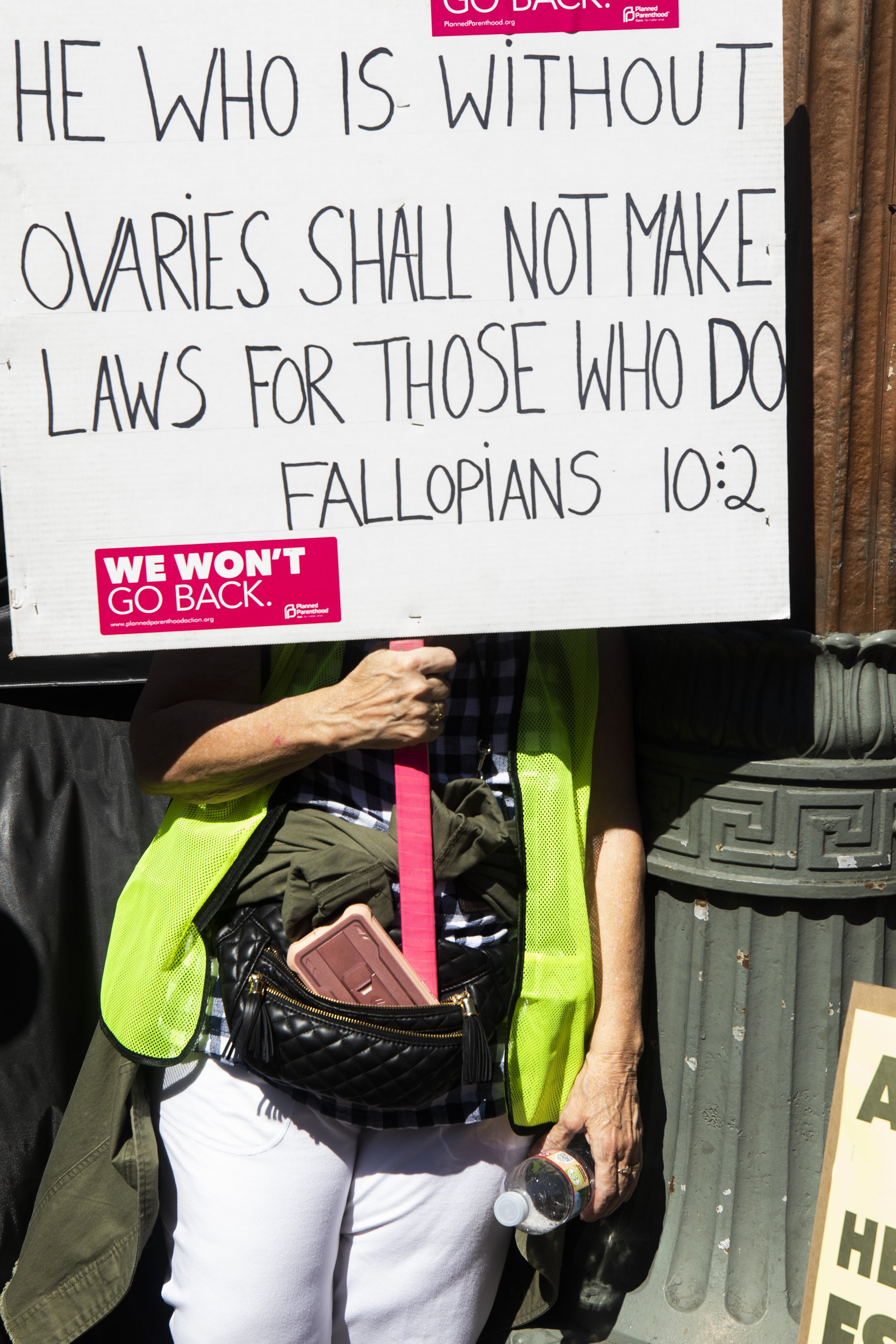
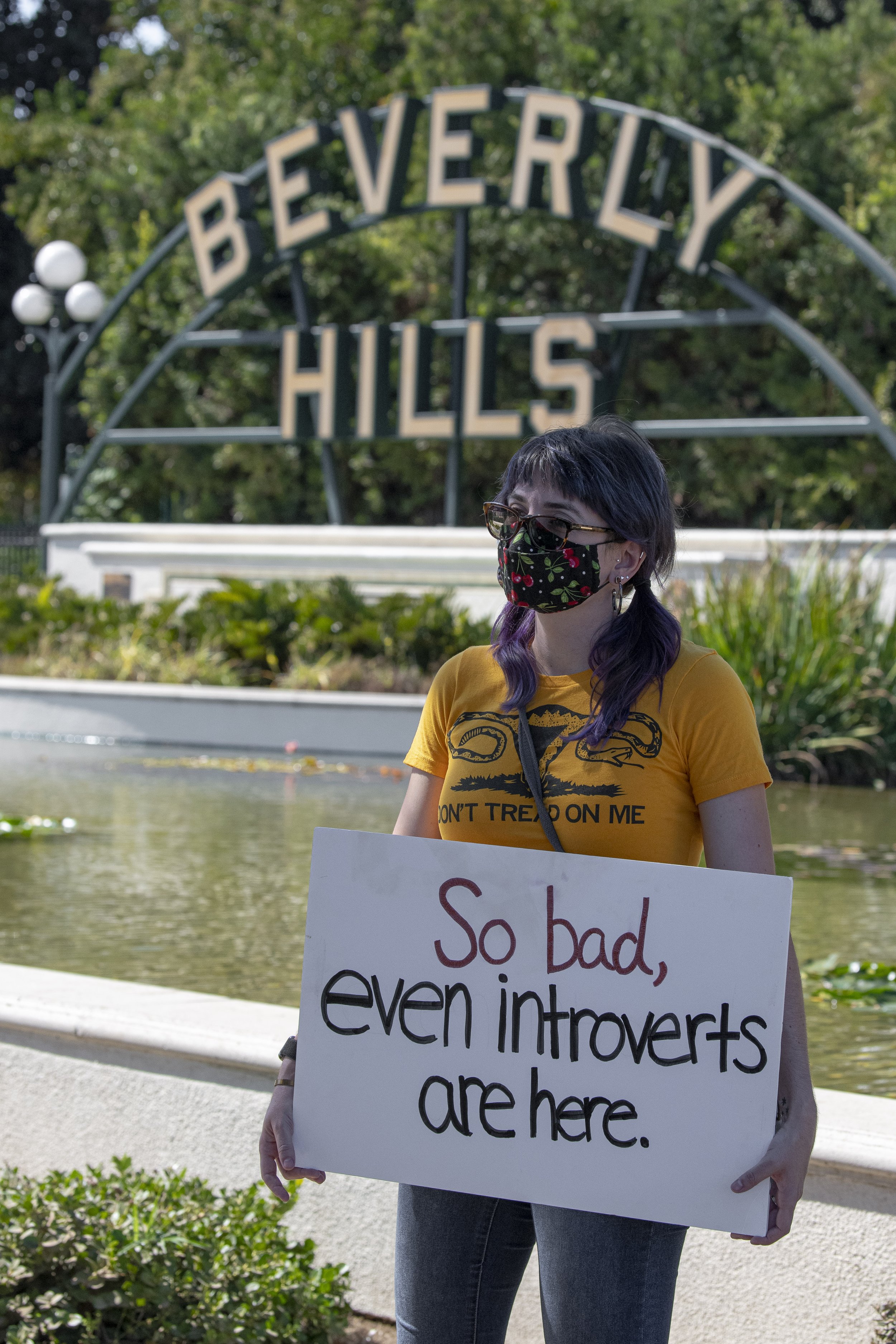
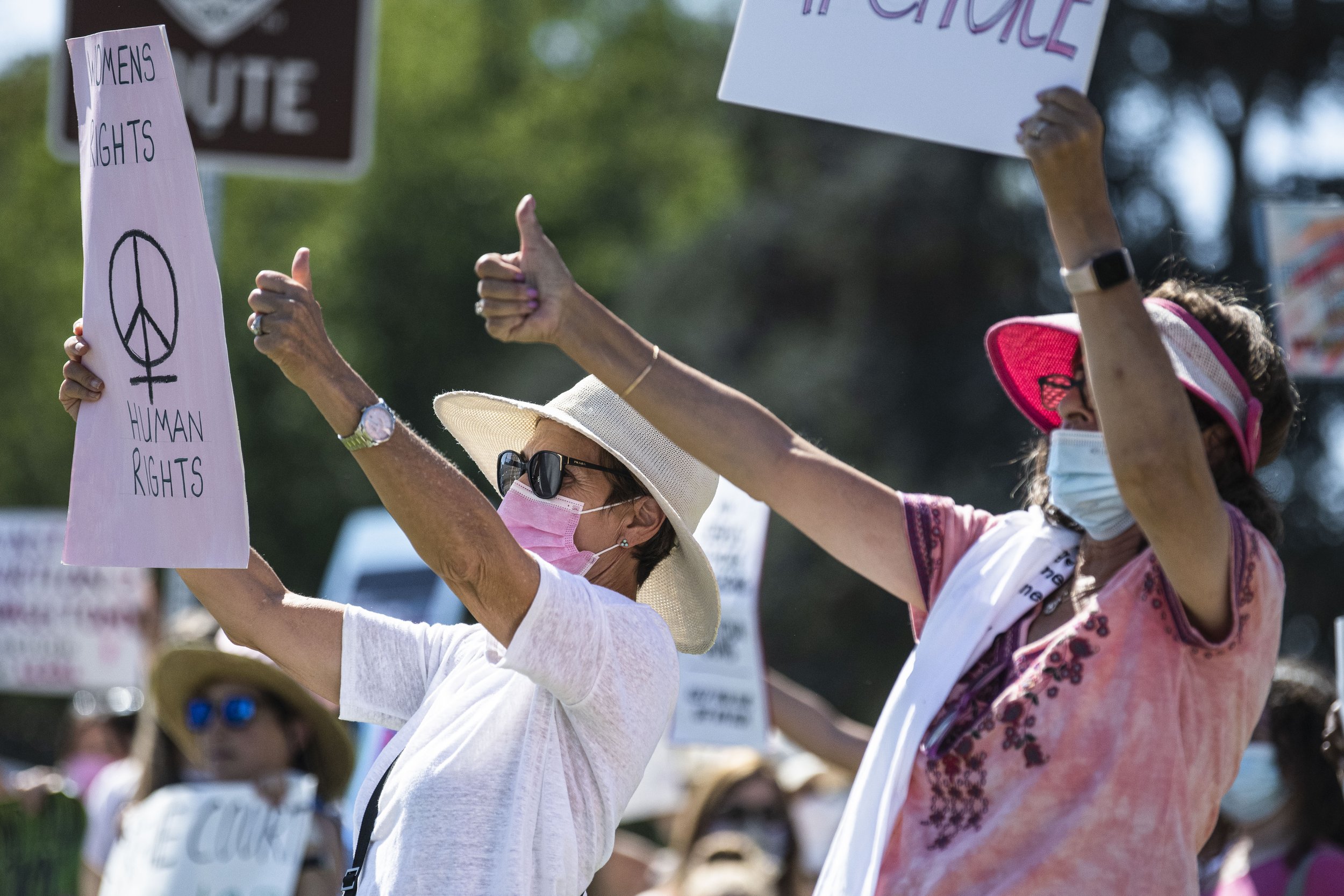
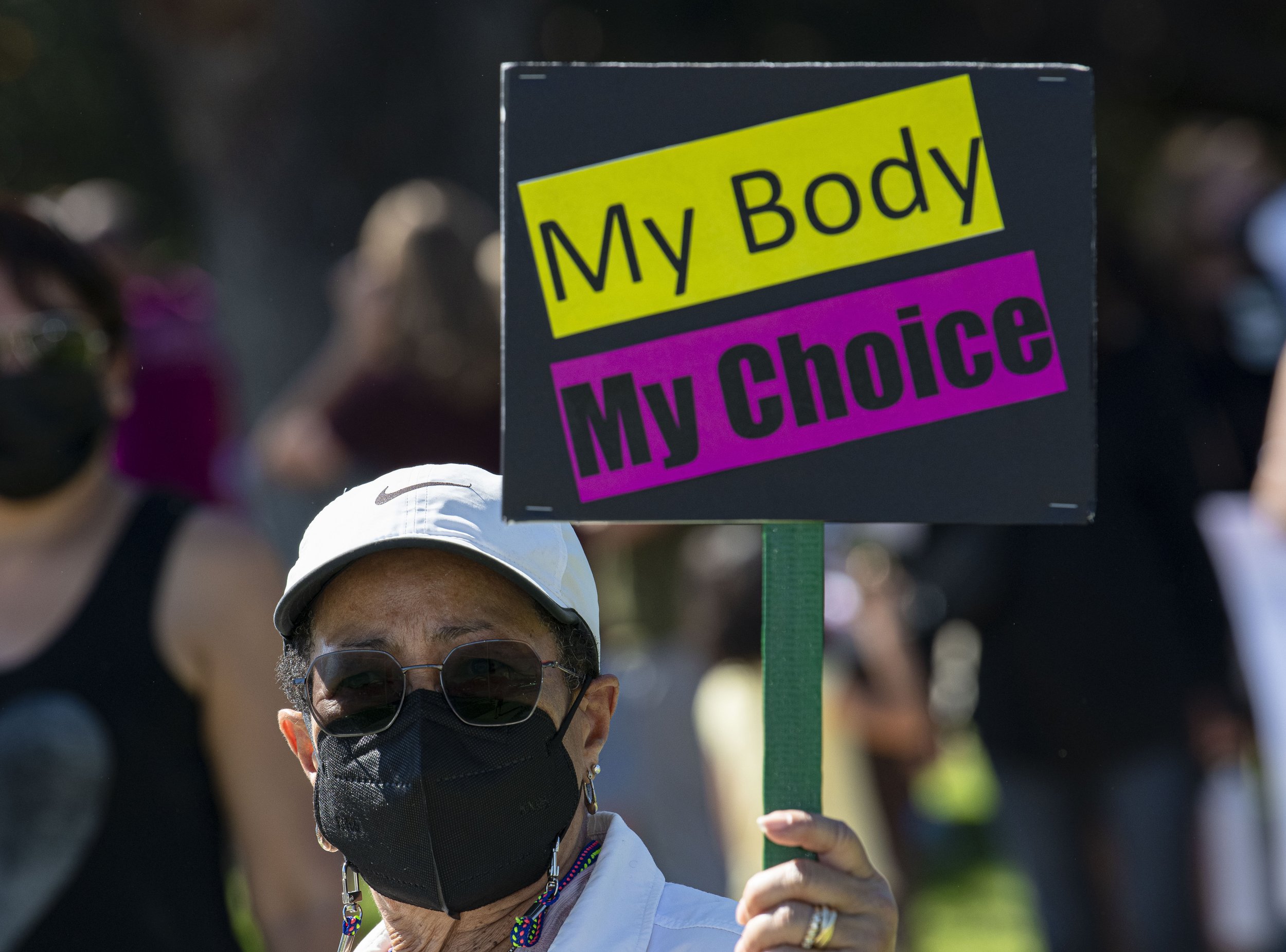
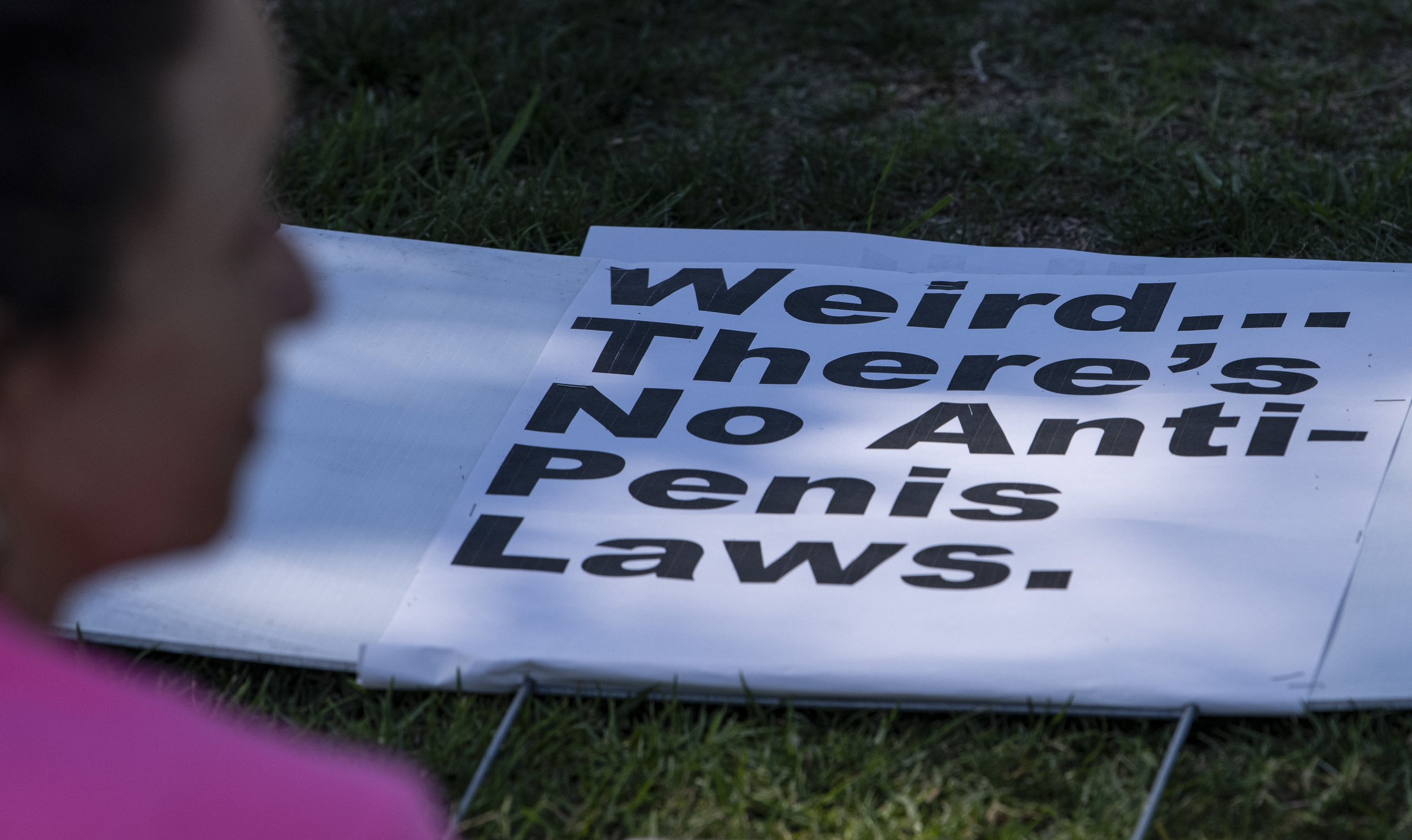
The Supreme Court of the United States heard two cases on November 1, 2021. Both cases, Whole Women's Health v. Jackson and United States v. Texas, challenge a new Texas Senate Bill (SB) 8 state law that court documents describe as "chilling" the constitutionally protected rights of women to access abortion services.
Texas SB8 was signed into state law by Texas Governor Abbot on Sept. 1, 2021. Section 171.208 of the bill deputizes members of the public at large to file civil lawsuits against abortion providers and anyone suspected of aiding abortion services. The bill outlaws abortion in Texas when fetal heartbeat begins as outlined in Section 171.201.
Subsection B of Section 171.208 awards plaintiffs minimum of $10,000 in statutory damages should they win a suit and offers no preclusive effect for defendants.
Chief Justice John Roberts and Associate Justices Sonia Sotomayor, Elena Kagan, and Stephen Breyer all dissented against the Fifth Circuit Court of Appeals' 5-4 decision in September to deny Whole Women’s Health application for injunctive relief against the Texas law in Whole Women's Health et al. v. Jackson. Associate Justices Samuel Alito, Clarence Thomas, Neil Gorsuch, Brett Kavanaugh and Amy Coney Barrett also heard the cases.
In Whole Women's Health et al. v. Jackson, attorney Marc Hearron represented the Plaintiffs. He argued that the principle of Ex Parte Young (1908) - which allows suits to be brought against State officials enforcing laws that violate constitutional rights - applies to SB8, despite what he described as the law's "novel" strategy for denying State culpability. "Texas delegated enforcement to literally any person anywhere except its own state officials,” Hearron said at the Nov. 1 hearing. “The only conceivable reason for doing so was to evade federal court review under Ex parte Young."
Hearron proposed the authorization of Federal Court relief from the Clerks who docket cases brought under SB8, effectively preventing suits from being filed. This was his idea to combat section 171.208 of SB8.
In the hearing for the other case, United States v. State of Texas, Justices Thomas and Alito raised concerns of federal overreach and encroachment on state sovereignty. Solicitor General Prelogar, appearing on behalf of the Petitioner, responded that "because a state has never before crafted an enforcement scheme like this, there has not been the kind of situation that would prompt the United States to intervene in this manner."
In Downtown Los Angeles and Beverly Hills, on Oct. 2 2021, demonstrators gathered as part of the national annual Women's March, focusing this year on reproductive justice, in light of Texas SB8's attacks on women's reproductive choice and access. JoyceLynn Mueller, who showed up to the Women’s March because of her support of reproductive rights, believed that Texas SB8, which the two mentioned cases challenged, puts important women’s rights in jeopardy. “We can’t go backwards, we can’t go back 50 years. We can’t dismiss Roe vs. Wade,” she said. “It is our right to be able to choose what happens to our body in Texas.”










